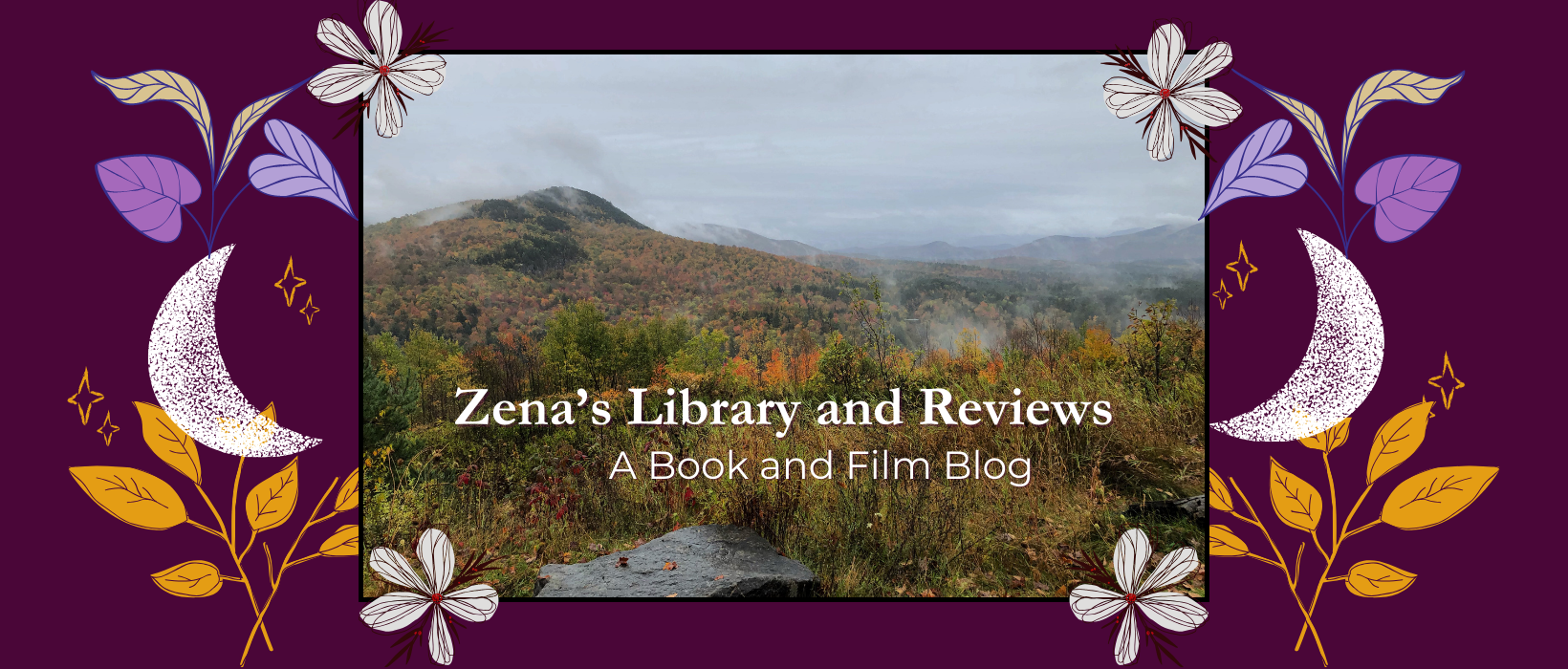
A way I have been as a reader and writer through my life is to take note of place and space as I embark on a new piece of writing. I think books are marvelous to read in the places they were written in or based in. For example, reading a classic as you visit the writer’s town or even the cemetery they’re buried in. It can also apply to how the writer integrates spaces into their work, such as parks, cafes or even cars. Spending time in those spaces can give you a sense of being closer to the story.
Cue: Fantasy books! In these kinds of stories, you’re often left entirely to your own imagination to envision what the surroundings look like. And what you imagine needs to make sense to you in some way, to fit that to what you know of your own experiences. You can never really be where they are. The closest you can get is through comparison.
I do think it’s strange that only last month I learned what Portal Fiction is, after being a reader (and writer) of this type of work for most of my life. More intricately written worlds are hard for me to willingly read if they don’t include a portal, because that can serve as a common point for me, as a reader and a person who has never left this world. Suspension of disbelief is also more difficult when the world is written as a fantasy world on its own rather than a fantasy world within our own, because so much of fantasy is based on our own world’s people (without the claim or knowledge of it in the stories). To me it feels a bit silly to try to imagine a people that look exactly like we do, who are roaming lands that look exactly like ours does and then say they have no connection whatsoever to us.
A friend of mine used to suggest to me reading China Miéville books, who writes something called Weird Fiction (and the New Weird), because his books tend to aim for alien-as-possible without completely losing touch with basic aspects of reality. I bought one of his books and it sat on my bookshelf for over ten years. Given that I’m quite enamoured with Jeff Vandermeer’s works, who is closely tied to other weird fiction writers, I think it’s only a matter of time before I get to Miéville, though.
From Wikipedia:
Weird fiction is a subgenre of speculative fiction originating in the late 19th and early 20th centuries. Weird fiction either eschews or radically reinterprets ghosts, vampires, werewolves, and other traditional antagonists of supernatural horror fiction. Writers on the subject of weird fiction, such as China Miéville, sometimes use “the tentacle” to represent this type of writing. The tentacle is a limb-type absent from most of the monsters of European folklore and gothic fiction, but often attached to the monstrous creatures created by weird fiction writers, such as William Hope Hodgson, M. R. James, Clark Ashton Smith, and H. P. Lovecraft. Weird fiction often attempts to inspire awe as well as fear in response to its fictional creations, causing commentators like Miéville to paraphrase Goethe in saying that weird fiction evokes a sense of the numinous. Although “weird fiction” has been chiefly used as a historical description for works through the 1930s, it experienced a resurgence in the 1980s and 1990s, under the labels of New Weird and Slipstream, which continues into the 21st century.
The Fantastic as an Escape
I don’t think it’s too far-fetched to say that most people read fantasy books to escape from the everyday realities of life. Or, perhaps something they’re unaware of themselves, to approach topics that are close to this world from a safe distance. To me, it can be beautiful, exhilarating and worthwhile to embark on a new fantasy book if it’s done really well. How beautifully written and how much we can relate to the characters at all become key components of whether or not we want to finish a book. Because as much as we want an escape, we want to see ourselves in things, to understand them and ourselves better.
It’s just, that I already know this is what I’m looking for – something for me to gain comfort from. If possible, something that makes me think. A claim to the utter fantastic without the effort of making it such? Enh. I will say though, that The Fellowship of the Ring and A Wizard of Earthsea have been the absolute best of exceptions. I’m open to more of them, obviously. Show me the most achingly of beautiful fantasy works that don’t involve our own world!
If you got to the end of this and would like to start a dialogue, let me know in the comments here what you’ve been reading and fantasy books you really love.


